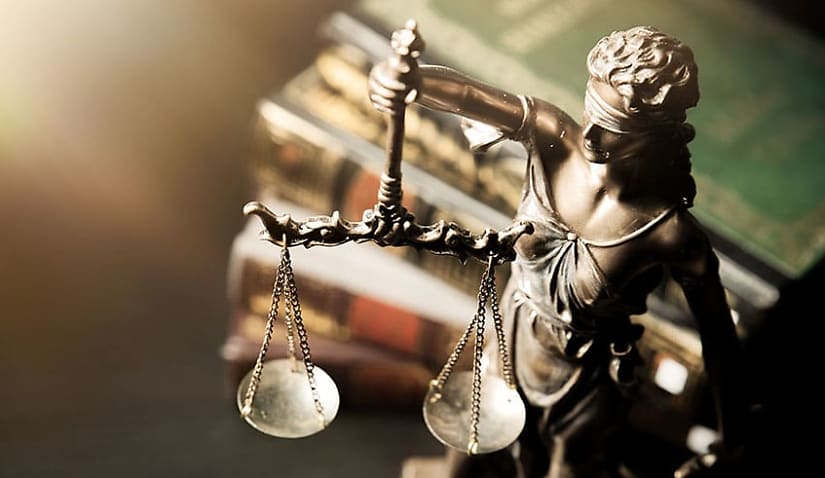Australia has “unfinished constitutional business”, and the proposed Voice to Parliament should be passed in a referendum in its current form, argues the peak advocacy body for lawyers.

Last Friday (21 April), Solicitor-General Stephen Donaghue’s advice pertaining to the constitutionality of the proposed Voice to Parliament was released. In it, the S-G noted that the “proposed s129 [of the Constitution] is not just compatible with the system of representative and responsible government prescribed by the Constitution, but an enhancement of that system”.
Despite the Voice not receiving bipartisan support in Australia’s Parliament — something the Law Council felt would be critical for its ultimate passage in May of last year — lawyers and legal employers nationwide have coalesced behind the “Yes” vote.
As has been reported by Lawyers Weekly, most BigLaw firms are supporting the Voice. Arnold Bloch Leibler senior partner Mark Leibler told this brand, late last year, that lawyers are “ideally placed” to play a role in ensuring the public understands the Voice and how it operates — something that Professor Anne Twomey detailed recently.
On Monday (24 April), Law Council president Luke Murphy issued a statement arguing that the proposed constitutional alteration to provide for the Aboriginal and Torres Strait Islander Voice to Parliament and the executive government is “just and legally sound” and “should be passed in its current form”.
“We continue to support a constitutionally enshrined Voice, and believe the proposed amendment responds to the invitation to the Australian public for constitutional reform in the Uluru Statement from the Heart,” Mr Murphy said.
“The Voice will be an advisory body [that] is empowered to make representations on matters relating to Aboriginal and Torres Strait Islander peoples. The Voice will deliver a substantive mechanism for change.
“Providing Aboriginal and Torres Strait Islander peoples with a voice to represent their views about how policies, programs and laws would affect them should lead to more informed decision making. It will help address the power imbalances embedded since (and beyond) the establishment of the Constitution, which have enabled entrenched dispossession and disadvantage.”
The LCA’s submission to the joint select committee on the Aboriginal and Torres Strait Islander referendum, Mr Murphy went on, addressed many of the questions raised publicly about the impact of the constitutional amendment to enshrine the Voice.
“The proposed amendment will not give the Voice a veto or law-making power nor the power to issue commands to Parliament. The power provided to the Voice is to make representations. It is not framed as a duty on the executive, or Parliament, to consult the Voice. Parliament can decide whether and when a representation by the Voice must be considered by the executive,” he posited.
The same guidance was issued last week by the Solicitor-General, he noted.
“The majority of instances in which the Voice may make representations — such as regarding the development of policies, programs and bills — will not be justiciable.
“Fundamentally, the role of the courts in declaring and enforcing the legal limits to the exercise of executive power is not to be feared. Judicial review of administrative action is the application of the rule of law,” Mr Murphy concluded.
“Australia has unfinished constitutional business, and we now have the opportunity to ensure Australia’s supreme law substantially recognises Aboriginal and Torres Strait Islander peoples as the original custodians of the land.”

Jerome Doraisamy is the managing editor of professional services (including Lawyers Weekly, HR Leader, Accountants Daily, and Accounting Times). He is also the author of The Wellness Doctrines book series, an admitted solicitor in New South Wales, and a board director of the Minds Count Foundation.
You can email Jerome at: